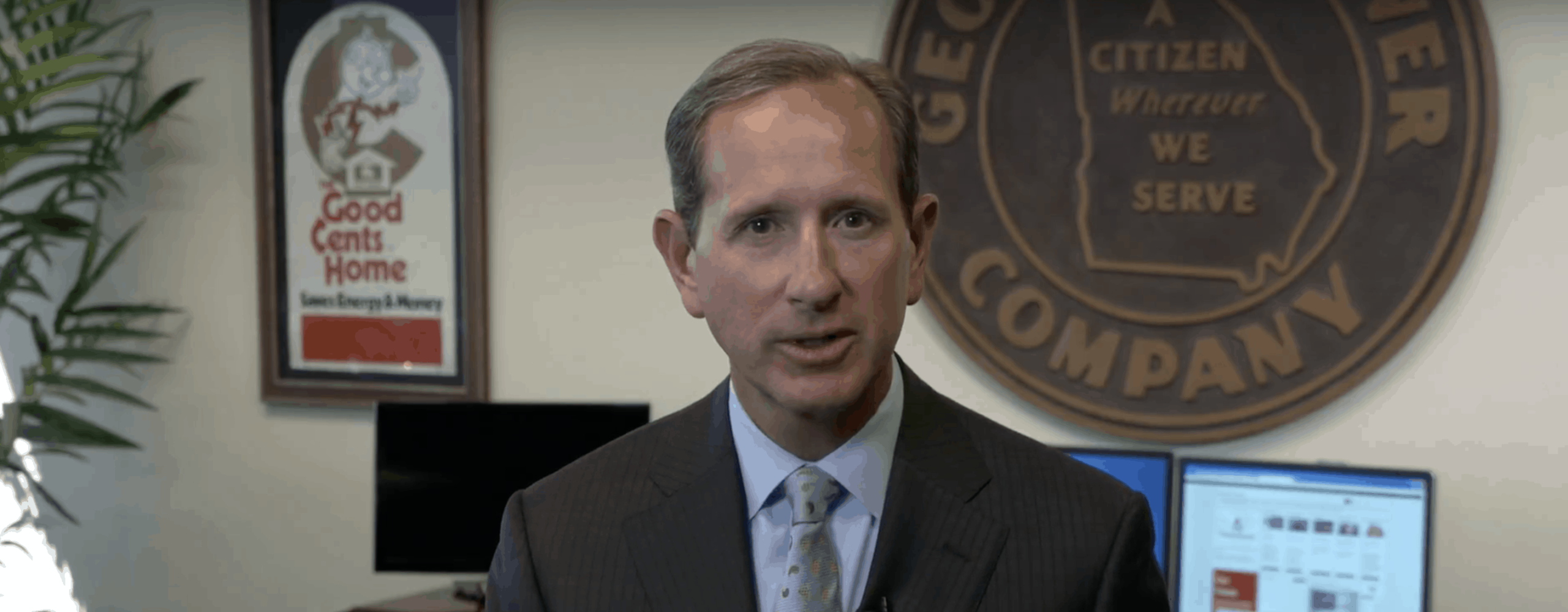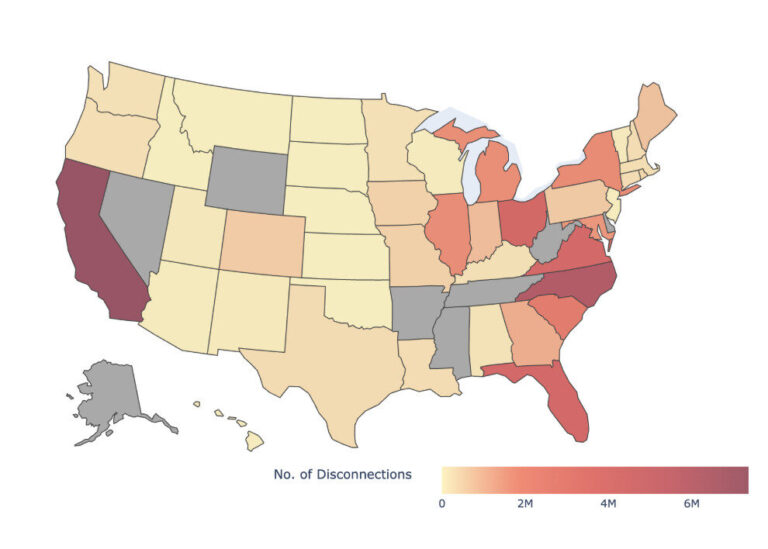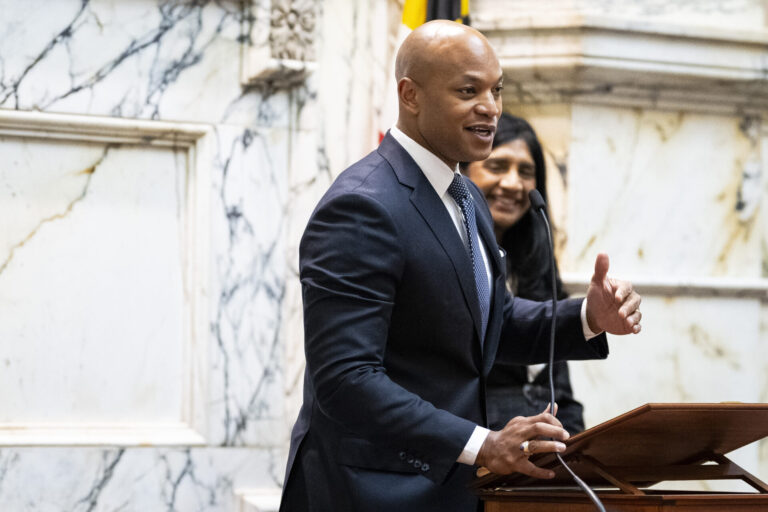Georgia Power Inaction on Renewables May Lead to Loss of Large Industrial Customer

As large electricity customers around the country are increasingly requesting renewable energy from their utilities, one utility’s failure to meet that demand has led it into a bitter legal dispute with one of its industrial customers.
Georgia Power filed a complaint in April 2019 with the Georgia Public Service Commission to block a competing utility, the Walton Electric Membership Cooperative, from providing Nestlé Purina with renewable electricity at a lower price than Georgia Power’s offering. The dispute stems in part from Georgia Power’s unwillingness or inability to provide reasonable renewable energy options to its large customers.
Georgia Power did not refute Nestlé’s criticism regarding the utility’s insufficient renewable energy options, instead stating that Georgia’s law governing the company’s monopoly forbids Nestlé from buying electricity from a competitor.
Nestlé Purina’s facility is located in Hartwell, Georgia, a small town of about 4,000 people near the South Carolina border. The facility will manufacture pet food and be a “large-scale pet products distribution center,” requiring a significant amount of energy. The global food giant projected that it would require 12-14 megawatts (MW) of demand and purchase approximately 7 million kilowatt hours (kWh) per month by the end of 2021.
Nestlé Purina Accuses Georgia Power of Delay, Poor Renewable Energy Options
In its written testimony, Nestlé accused Georgia Power of offering inadequate renewable energy options, withholding important information, delaying on its duties to respond and provide analysis, and being unable to provide adequate service.
Nestlé said it first notified Georgia Power of its intent to purchase renewable energy in “October and November of 2017,” which Georgia Power concedes. Nestlé again inquired about renewable energy options in February 2019. Georgia Power responded with an offer of its “Simple Solar” program, which Nestlé dismissed as, “not appropriate for a facility of this size,” and something meant for “residential or light commercial operations.”
Nestlé representatives testified that it was a member of RE 100, which bills itself as “the world’s most influential companies, committed to 100% renewable power.” Nestlé said that it wanted the Georgia facility to purchase 100% renewable energy, but Georgia Power told the company that it would take “several years” before it could provide such an offering. Walton EMC, a cooperative utility that is a competitor to Georgia Power, offered Nestlé 100% renewable energy from startup of the plant.
Georgia Power: Law bans Nestlé from shopping around
Georgia Power’s claims originate under the 1973 Georgia Territorial Act. While generally protective of Georgia Power’s monopoly, that law does contain one notable exception: it gives new manufacturing or commercial loads of 900 kilowatts (kW) or greater a one-time choice in their electric supplier. Georgia Power argued that because a previous owner of the Nestlé Purina factory once made the choice to connect to Georgia Power’s system, it therefore had exclusive rights to provide electric service at the premises.
Nestlé Purina and Walton EMC argued that while Georgia Power had previously provided power to the premises under a previous owner, the company “demolished and dismantled” the facilities so as to be substantially new and different from the old premises. Therefore, the new premises were eligible to select a power provider pursuant to the Territorial Act. Further, Nestlé stated the energy it received from Georgia Power was temporary service and conducted without a contract.
Georgia Power Slow-Walks Renewable Energy
Georgia Power requested that the Georgia Public Service Commission (PSC) approve only 1,000 MW of new renewable energy in its 2019 Integrated Resource Plan, even though it knew that high-profile economic development customers – presumably Nestlé Purina and other large customers with similar requests – were looking to purchase “over 1,400 megawatts” of renewable energy.
A group of large renewable energy buyers, including Nestlé, responded in the docket and asked the Commission to support more “robust” renewable energy offerings. In its final order, the PSC found Georgia Power’s original request deficient and directed it to double its renewable energy offerings to 2,000 MW.
Georgia Power’s complaint against Nestlé and Walton EMC is currently pending before the Georgia Public Service Commission.
Photo source: YouTube



